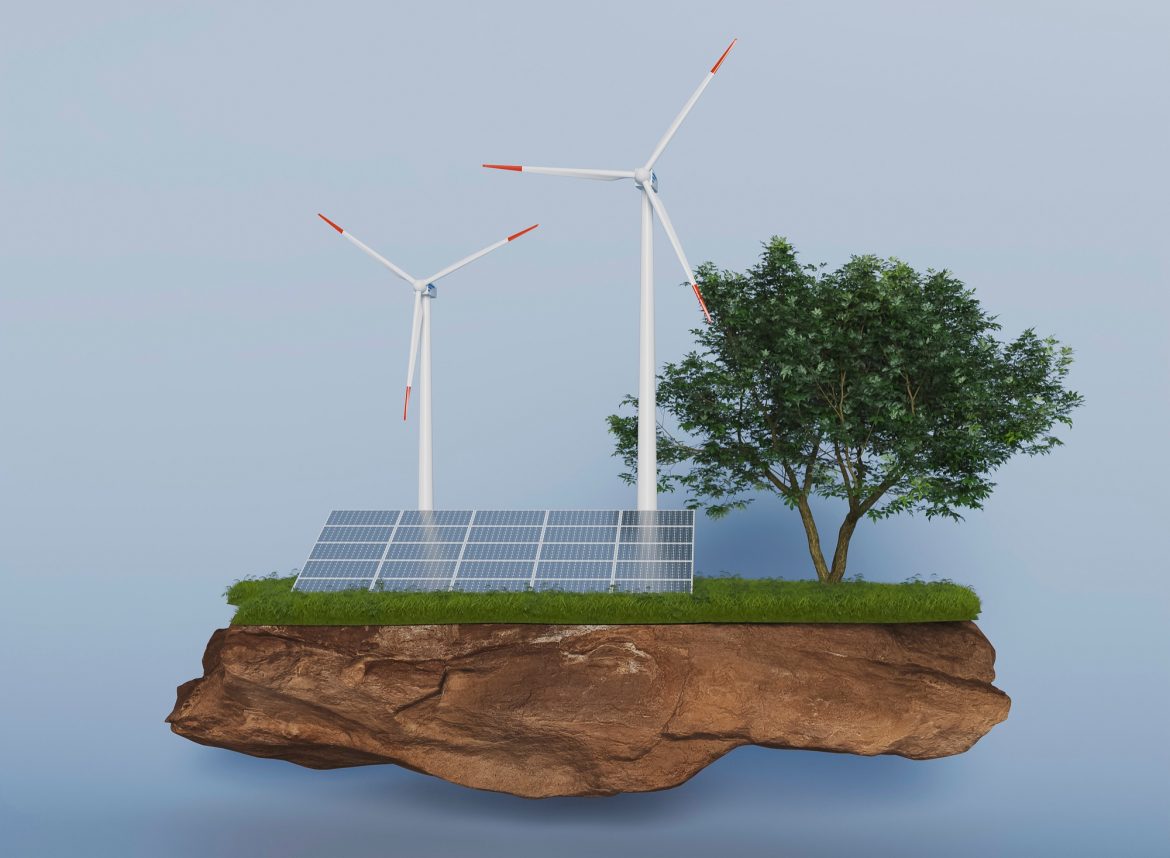The Nigerian Upstream Petroleum Regulatory Commission (NUPRC) has introduced a pivotal Regulatory Framework for Energy Transition, Decarbonisation, and Carbon Monetisation, targeting upstream operations in Nigeria. This significant development took place at the United Nations Climate Change Conference 2023 (COP28) in Dubai, United Arab Emirates.
Mr. Gbenga Komolafe, the Commission’s Chief Executive, announced this initiative during a roundtable discussion themed “Driving Sustainable Upstream Operations to Achieve Just and Equitable Energy Transition”. Komolafe, in a Monday statement, emphasized the Commission’s commitment to decarbonizing upstream operations. This effort aligns with national aspirations and the United Nations Sustainable Development Goals (SDGs).
The framework, built on seven pillars, focuses on a natural gas shift, ending routine gas flaring, methane abatement, carbon market development, technology and innovation, operational efficiency, incentive mechanisms, collaboration, and risk management. Komolafe called for collective action from stakeholders, including government agencies, operators, international partners, and multilateral agencies, for the Framework’s steady implementation.
Significant strides have already been made with the launch of the Gas Flare, Venting and Methane, Prevention of Waste, and Pollution Regulations 2023. These regulations lay the foundation for decisive actions against gas flaring and emissions.
Additionally, the 2022 Guidelines for Management of Fugitive Methane and Greenhouse Gases Emissions in the Upstream Oil and Gas Operations in Nigeria, introduced at COP27, are showing positive results. Komolafe highlighted the success of the Nigeria Gas Flare Commercialisation Programme (NGFCP) as a key climate action initiative. The NGFCP aims to reduce 50 percent of Nigeria’s gas flares, equivalent to 6-7 million tonnes of CO2 emissions annually, with significant socio-economic benefits.
Komolafe acknowledged the crucial support of international development partners in the NGFCP and called for enhanced assistance in technical areas, project financing, carbon credit frameworks, and capacity building.
The roundtable discussion provided a platform for exchanging ideas on achieving climate neutrality through energy transition and decarbonisation measures. Distinguished attendees included Claire Wang from the Office of the U.S Special Presidential Envoy on Climate Change, Martina Otto of the UN Environment Programme, Jonathan Banks of the Clean Air Task Force, and Mrs. Funmi Ogbue, Managing Director of ZIGMA Oil and Gas.
This event marks a significant step forward for Nigeria in its journey towards a sustainable energy future, aligning with global climate action goals.



